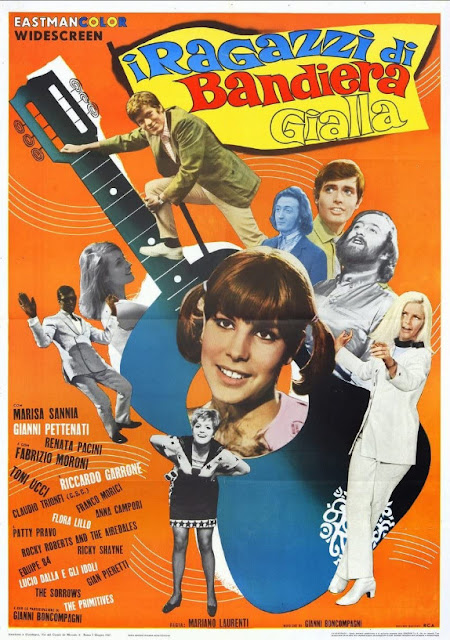Dando Shaft Reunion 1993
by Pete Clemons
A recent on-line discussion about the Dando Shaft reunion, at Whitefriars during 1993, had me digging through some unused notes, about the band, I took several years ago. With so many myths surrounding the Dando’s early days I thought it best to get those notes out there.
The first words came from Kevin Dempsey:
Rod Felton took Kevin under his wing and got him gigs at the City Arms (Earlsdon) folk club. Dando Shaft started the Pilot Folk Club in order to get their music heard. Kevin’s father, Frank Dempsey, was in the band New City Sounds. One time Frank came to watch the Dando’s. This was a totally different kind of music to what the New City Sounds played and Frank totally shocked Kevin by his reaction. It was shocking. This reaction, rather than have a negative effect actually spurred Kevin on. One day you will have to queue up to watch us play Kevin told his Father.
Soon after the Dando’s had landed back in Coventry after returning from London the band had a gig lined up at The Walsgrave pub. The day of the gig had seen snowfall and that evening a large queue of gig goers had formed outside of the Walsgrave. Kevin drove into the car park and he spotted familiar faces in that queue. It was his Mother and Father. He pulled up alongside and wound his window down reminding them of their earlier reaction.
The next set of notes came from Dave Cooper:
The first Dando shaft album occurred as a result of a cancellation at Pye studios by Jonny Silvo. The bands manager suggested we could use the studio time to make a demo. After the first take the session producer Miki Dallon called us into the booth and announced “great lets make an album”. The eight tunes were played live no overdubs, at the session in little over four hours.
A second session was booked at a later date, to mix the tracks and correct the one fluff we made in “Drops of Brandy”. At this session a contract and lawyer were produced and we signed away 60% publishing and 100% of mechanical royalties. We quickly realised we had to get away from Young Blood Music, however we had an album release, “An Evening with Dando Shaft” to support our live shows.
“An Evening with Dando Shaft 1970” must have been one of the cheapest albums Miki Dallon ever produced. I wrote five of the eight songs. Over the years many and various lease deals have been made with companies for compilations. Over fifty years later and the music is still available. None of the band members receive royalties from the mechanical reproduction and sale of this music.
Again, borrowed from Dave:
For the record. This “Whitefriars” reunion gig in ’93. Lineup was: The original dandoist Roger Bullen on bass, Martin Jenkins on Mandocello+, Kev Dempsey on stratospheric Guitar. Ted Kay tablaaaaa…, Chris Lesley Zeta violin. Polly Bolton singing. Dave Cooper guitar and vocals. There were a number of guest performers; Gillie Nicholls, Kalinka Vulcheva and Rod Felton.
The video of “Raining on the Rock” is Me (Dave) and Kev vocals. Rod is playing percussion, rain sticks. We were also joined by my son Selvin Cooper on Didge for the song. I’m aware that stories and dare I say myths appear and swirl. To my knowledge Rod never performed with Dando apart from this occasion. Maybe called up once or twice in the early Cov scene days to harmonise a chorus?
DANDO SHAFT were formed in 1968 and featured:
POLLY BOLTON – Lead Vocals
MARTIN JENKINS – Lead & Backing Vocals, Mandolin and Violin
DAVE COOPER – Lead & Backing Vocals and Guitar
KEVIN DEMPSEY – Lead & Backing Vocals, Guitar and Bass
ROGER BULLEN – Bass
TED MAY – Percussion
………………………………
From Dave cooper’s Facebook
It is with great pleasure to report that following the recent transfer of the catalogue of the Dando Shaft recorded works to “Cherry Red Records”, a new publishing deal and a new release of our music. Planned to be a multi-disc boxed set. To include the first three records plus Radio concert recordings and additional unreleased tracks from a gig at the Belgrade Theatre in 1977. More news on “Dandology” as we progress. We are delighted to be working with “The Unmistakeable Sound Of Independence” and look forward to the release and future collaborations.
https://coventryfolkclubs.blogspot.com/2014/05/dando-shaft.html










%20Clip%20De%20Pel%C3%ADcula%20(1967).png)
%20Clip%20De%20Pel%C3%ADcula%20(1967).png)

.jpg)
.jpg)



